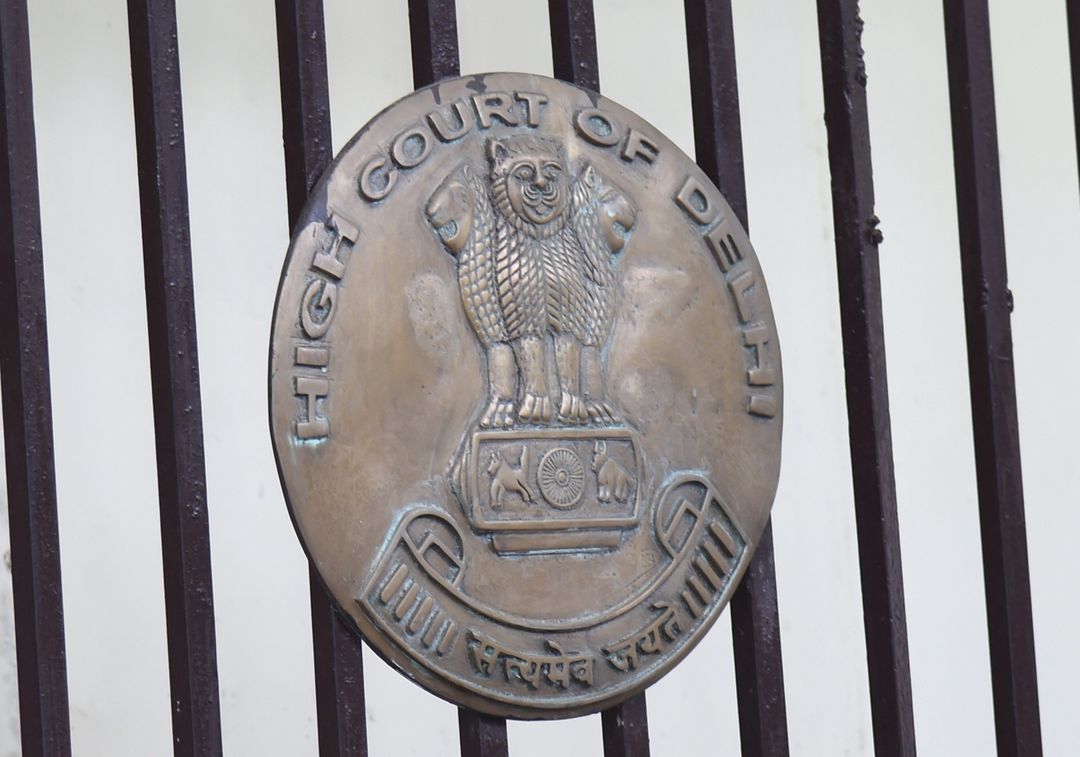New Delhi, Feb 28: The Delhi High Court has ruled that the president of the Indian Olympic Association (IOA) does not have the unilateral authority to take over the affairs of a state Olympic association. The court stated that any proposal to appoint an ad-hoc committee must be decided by the general assembly of the IOA, rather than solely by the president.
Justice Sachin Datta set aside an order issued by IOA President P.T. Usha on January 1, which had constituted an ad-hoc committee to oversee the Bihar Olympic Association. The court further directed the petitioner to conduct elections within three months, failing which the IOA would be free to take necessary disciplinary actions.
Court Rejects Unilateral Decision by IOA President
The Bihar Olympic Association, represented by advocate Neha Singh, had challenged the IOA president’s decision on multiple grounds, arguing that the appointment of an ad-hoc committee violated the established rules and regulations of the Indian Olympic Association.On February 24, Justice Datta observed that forming an ad-hoc body to manage the affairs of a state association was equivalent to suspending its executive committee. Under the IOA’s constitution, such powers are vested in the IOA general assembly—not the president.
"A perusal of the Constitution of the IOA reveals that the president does not have any power to unilaterally take over the affairs of any State Olympic Association (SOA). Any proposal to suspend, take over, or appoint an ad-hoc body for an SOA should be decided by the general assembly of the IOA," the court ruled.
Inquiry Process Deemed Flawed
The court also pointed out procedural lapses in the inquiry conducted before appointing the ad-hoc committee. Initially, a single-member fact-finding commission was constituted by the IOA president. However, the complaints and representations were not shared with the Bihar Olympic Association, preventing it from responding to the allegations.The order noted that the entire inquiry took place “behind the back of the state Olympic association concerned,” depriving it of an opportunity to address specific allegations or the commission’s findings.
Clarification on IOA President’s Powers
While the court acknowledged that the IOA president has the authority to establish various commissions or committees, it clarified that an ad-hoc committee for a state association—being a constituent member of the IOA—does not fall under this category."The impugned action on the part of the IOA president in constituting an ad-hoc committee to oversee the Bihar Olympic Association does not satisfy the requirements of law," the court concluded.
This ruling reaffirms the autonomy of state Olympic associations and restricts the IOA president’s discretionary powers, reinforcing that such decisions must be taken collectively by the IOA’s general assembly.
Last updated by a enewsx:
